
When we feel tired and discouraged we all need someone to come alongside and encourage us.
Back when my kids were young and parenting was a full-time job, when work was not finished when we arrived home from the office, and a full night’s sleep was an elusive dream, I noticed that my husband was looking a little fatigued. A bit weary. A tad defeated.
So I said to my children, “Let’s do something special for Daddy. Let’s give him a party!” They were at the age where they got excited about any kind of party, even a play tea party with the teddy bears, so they quickly got on board. Even though it wasn’t anywhere near my husband’s birthday or Father’s day, we made him his favorite meal, set the table in the dining room, and made some big banners that said, “We love you Daddy!”
The look on John’s face when he came home that night was worth all of our extra effort. His sagging shoulders lifted just a bit and the tiredness in his face dissolved into a smile. The surprise of a dinner in his honor on an ordinary Friday helped to encourage him and let him know we appreciated all of his efforts to support the family.

I was reminded of this little party when I recently read Hebrews 10:24 in The Message:
Let’s see how inventive we can be in encouraging love and helping out.
I have read this verse in other translations like the English Standard Version:
And let us consider how to stir up one another to love and good works.
But I liked the idea of being inventive when we are encouraging others.
Mind you, I’m not all that creative when it comes to encouragement. Sadly, the surprise party of my husband was the only example I could come up with for my own inventive efforts. So I did a little research to come up with a few more ideas besides my own.
- Give someone a party for no reason in particular. Like the celebration of Dad that my children helped me to pull off, doing something special for someone when it isn’t expected is especially meaningful.
- Give an anonymous gift. Secretly sending a card or gift to someone you know could use a lift can make a huge difference in their life.
- Give a book or CD that has blessed you. Obviously, don’t give a diet book or financial self-help book, but one that offers hope on every page. My friend, Linda, gave me the book Jesus Calling last year and in this way has been encouraging me every day.
- Run an errand for them. Before my husband heads out to the hardware store or Walmart, he always asks if I need anything. It’s a simple idea that could be expanded to the new mom down the block, the senior citizen you know from church, the friend who is struggling with the blues. Taking a couple of extra minutes to drop off a needed item for someone else could be a simple way to show support.
- Find out the other person’s love language. Make your creativity really pay off by matching it with what makes the other person feel special. Does he like gifts? Find something related to his hobby. Quality time? Take her out to lunch. Physical touch? Give a back rub or send a gift card for a massage. Do a little investigating and your encouragement will hit the mark.
Encouragement is fuel for our souls.
It’s what we all need to continue to fulfill our responsibilities and chase our dreams.
Frankly, some days it’s what we need to keep putting one foot in front of the other.
Let’s see how inventive we can be in encouraging each other.
To learn more about encouraging others, check out my book, Bless These Lips!


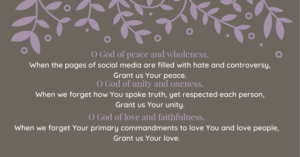
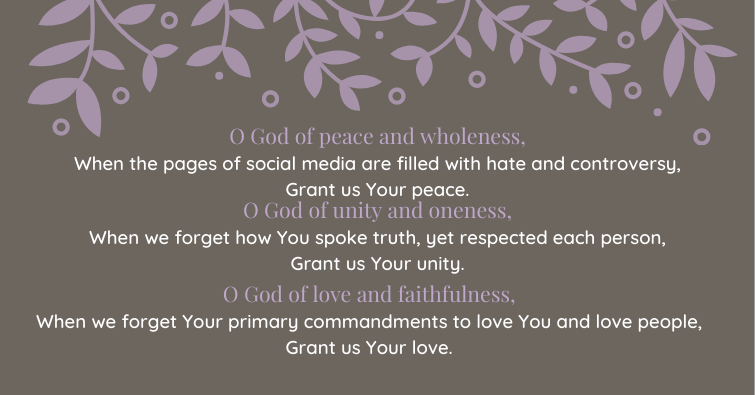

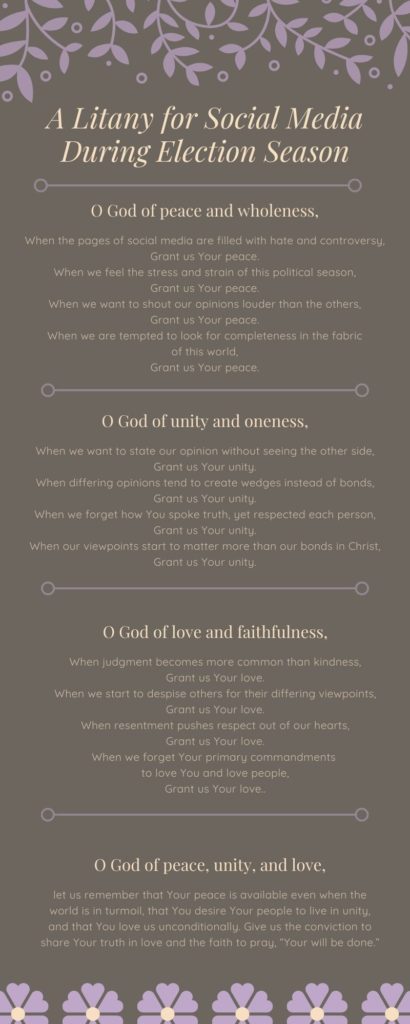























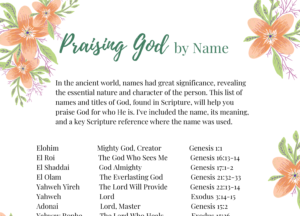


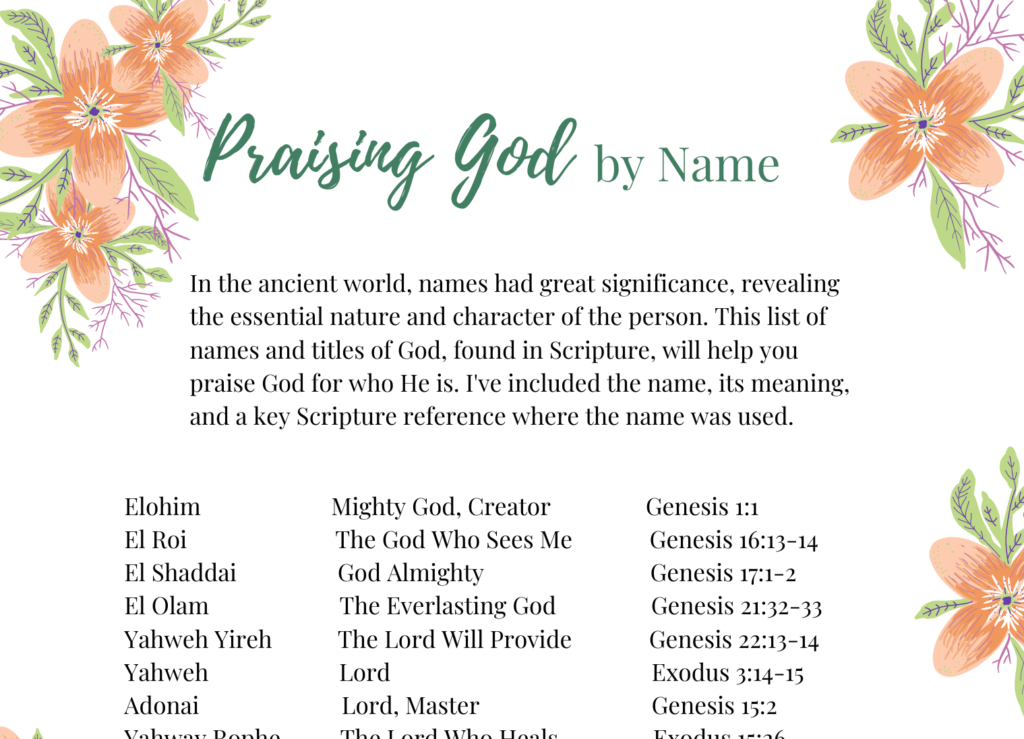
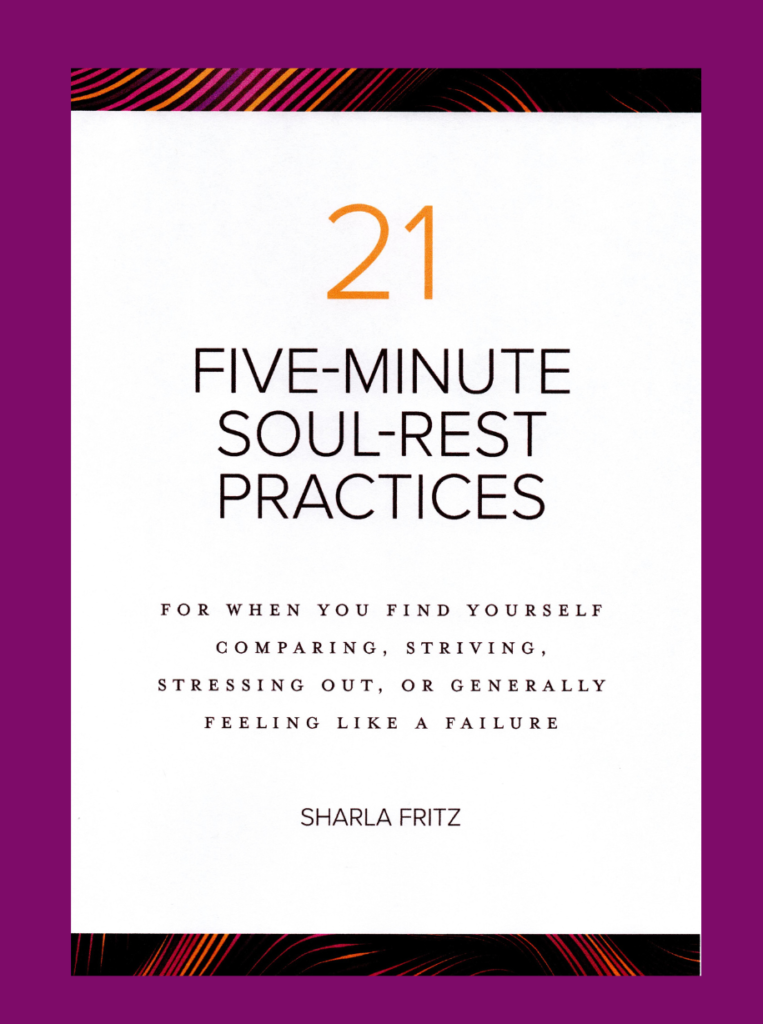
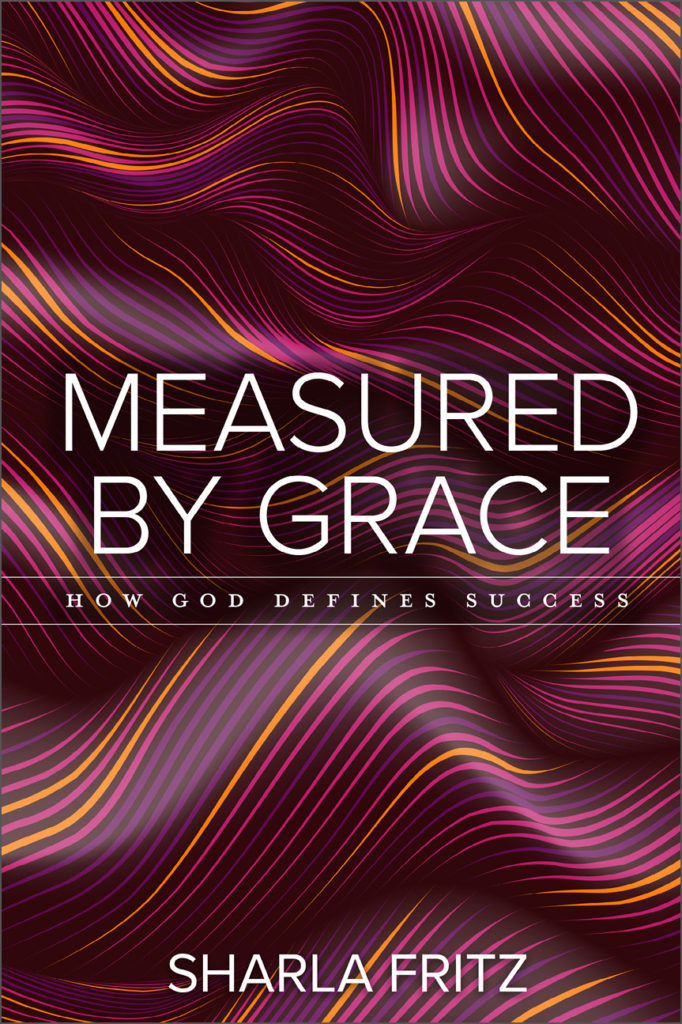

Follow Me!